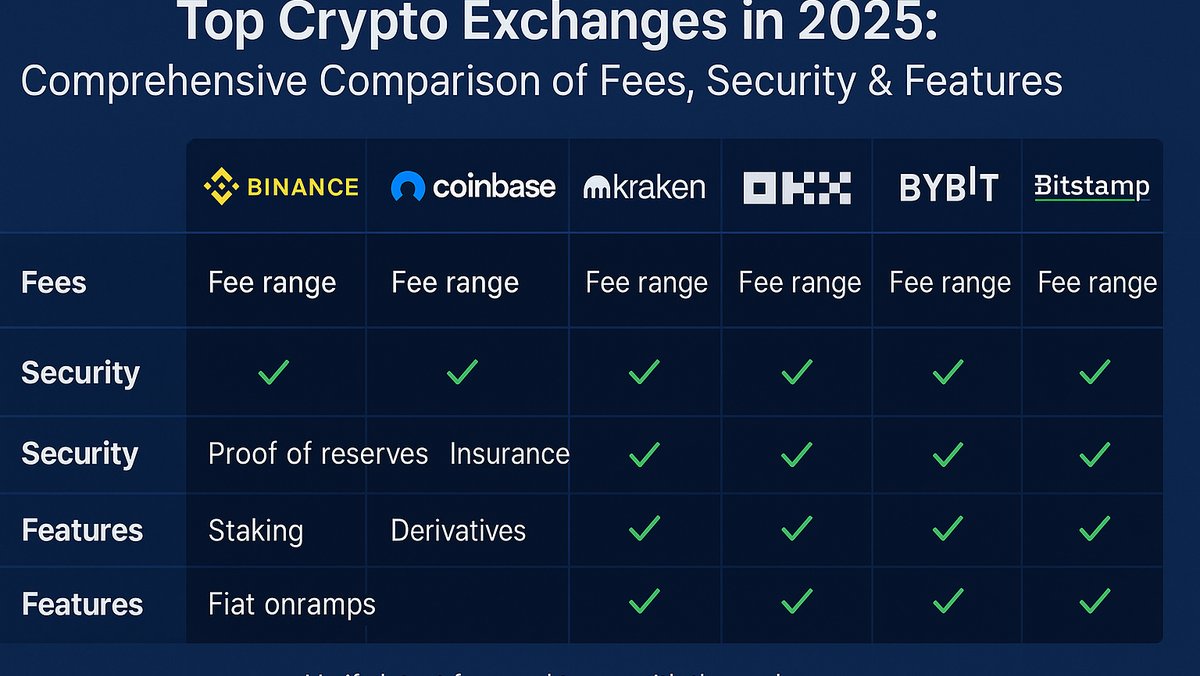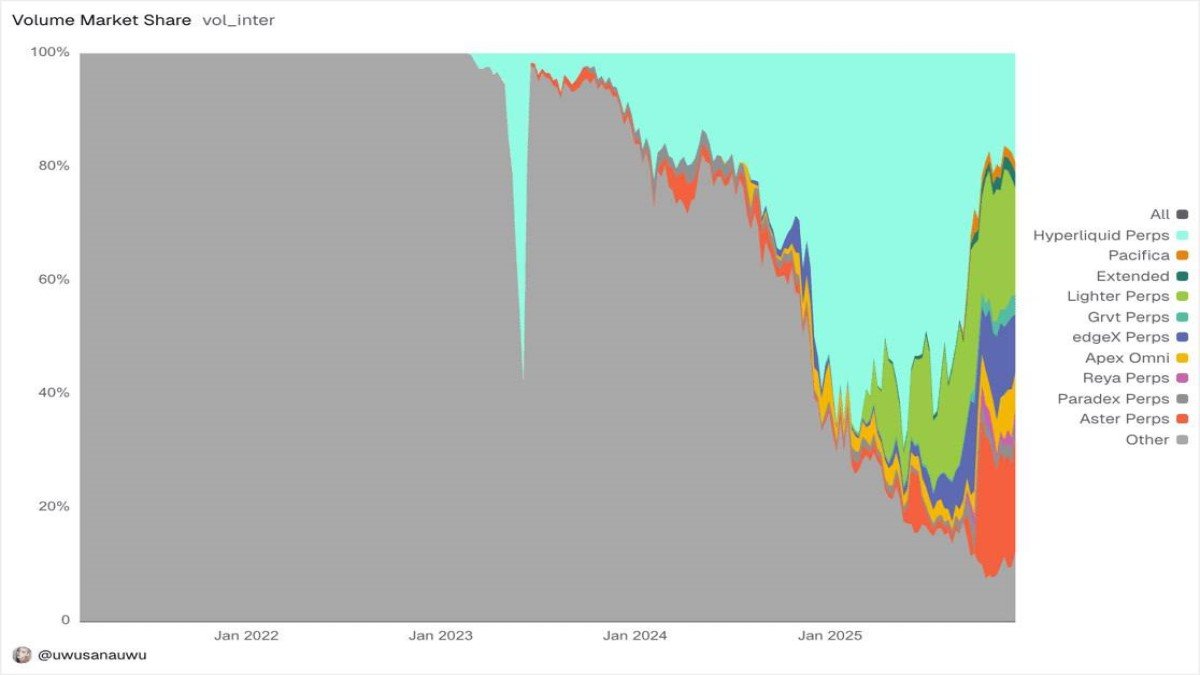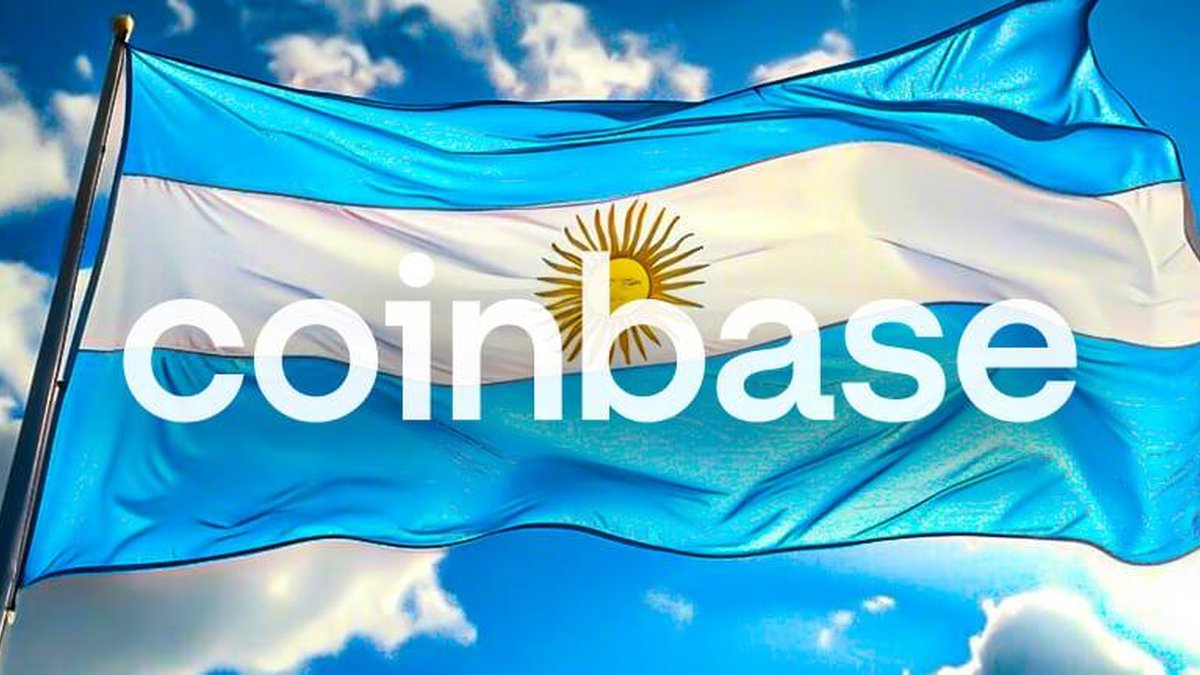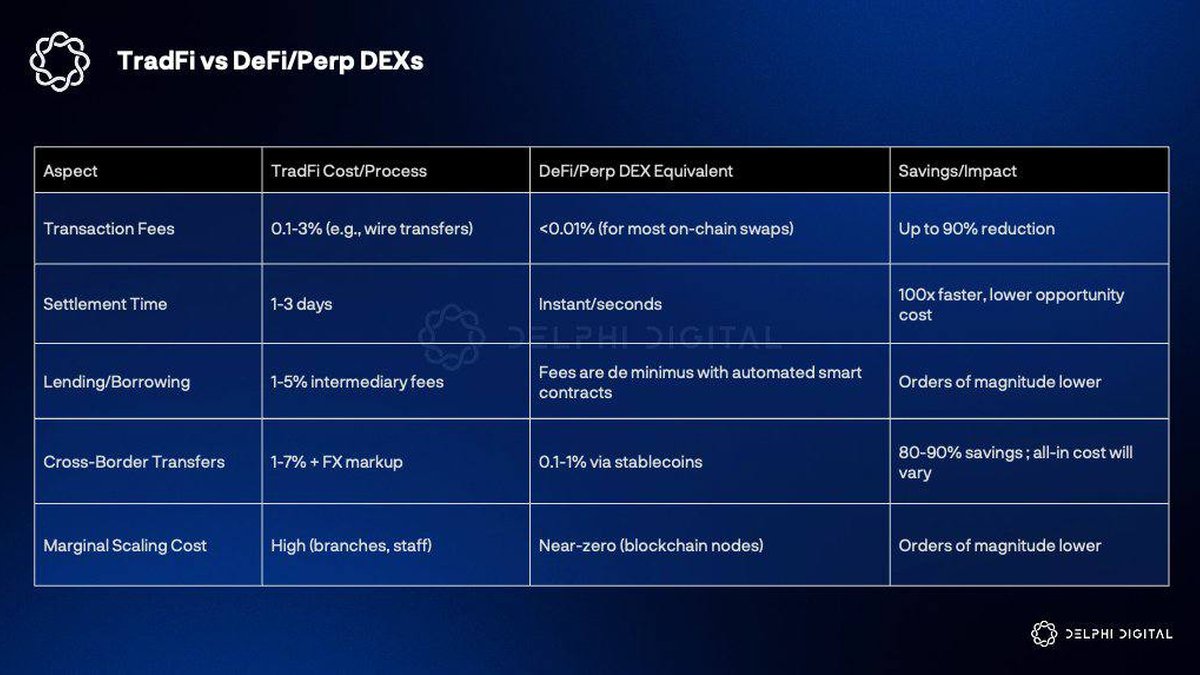Best Crypto Exchanges 2025 – Compare Fees, Security, Features
In 2025, cryptocurrency exchanges remain the backbone of the digital asset ecosystem. They not only provide gateways for investors to buy, sell, and trade cryptocurrencies but also increasingly serve as comprehensive financial hubs offering lending, staking, derivatives, and institutional-grade custody. Choosing the right exchange is no longer about convenience alone—it’s about balancing fees, security, regulatory compliance, and advanced features. This article explores the top crypto exchanges of 2025, analyzing their competitive strengths, weaknesses, and suitability for different types of users.
The Evolution of Crypto Exchanges
Crypto exchanges have evolved dramatically since Bitcoin’s early days. The first generation of exchanges, like Mt. Gox, offered limited trading pairs and suffered from poor security, resulting in infamous security incidents. The second wave brought global players like Binance, Coinbase, and Kraken, who expanded features, liquidity, and regulatory engagement. By 2025, exchanges have transformed into multi-service platforms, integrating DeFi protocols, NFT marketplaces, token launchpads, and compliance-focused infrastructure.
Key Factors When Choosing an Exchange
• Fees: Trading fees, withdrawal fees, and maker-taker structures vary significantly. Active traders often prefer platforms with tiered discounts, while casual investors may prioritize transparency.
• Security: Multi-signature cold storage, insurance funds, proof-of-reserves audits, and regulatory licenses are now standard expectations.
• Features: From spot trading to perpetual futures, copy trading, and staking, the range of features can make or break an exchange’s appeal.
• Regulatory Compliance: With increased oversight in the U.S., EU, and Asia, compliance is essential for long-term trust and institutional adoption.
Top Crypto Exchanges in 2025
1. Binance
Still the largest by trading volume, Binance offers low fees (as little as 0.02%), deep liquidity, and an extensive suite of products including futures, options, staking, and its native blockchain ecosystem. Its regulatory journey has been complex, but in 2025 it has achieved licensing in multiple jurisdictions.
2. Coinbase
Popular among U.S. investors, Coinbase prioritizes security and compliance. With a user-friendly interface, FDIC-backed stablecoin custody, and institutional-grade tools via Coinbase Prime, it remains a top choice despite higher fees.
3. Kraken
Known for its strong security record and transparent operations, Kraken appeals to both retail and institutional users. It offers futures trading, staking rewards, and deep regulatory integration in Europe and North America.
4. OKX
OKX has expanded globally by offering advanced derivatives, DeFi integration, and low fees. It also provides a Web3 wallet, making it a hybrid exchange bridging CeFi and DeFi users.
5. Gemini
Gemini stands out for its regulatory-first approach. While its trading volume lags behind Binance or Coinbase, its insurance coverage, compliance, and institutional trust make it a preferred choice for conservative investors.
6. Bybit
Once focused on derivatives, Bybit has become a well-rounded exchange offering spot trading, yield products, and a user-friendly mobile app. Its aggressive trading competitions attract active traders.
Security Practices in 2025
Given the history of exchange security incidents, security remains paramount. Leading exchanges employ cold storage solutions, real-time monitoring, bug bounty programs, and proof-of-reserves audits. Increasingly, regulators demand transparent reporting of liabilities and assets, reducing systemic risks.
Comparing Fee Structures
Fee competitiveness is intense in 2025. Binance and OKX offer the lowest fees for high-volume traders, while Coinbase charges higher fees but provides ease-of-use and security guarantees. Some exchanges, like Gemini, compensate for higher fees with strong insurance and compliance frameworks. For retail investors, flat-rate platforms can be simpler, while professionals benefit from tiered discounts.
Risks and Considerations
- Market Volatility: High volatility can lead to liquidation risks on derivatives-heavy platforms.
- Custodial Risks: Centralized exchanges (CEXs) require trust in operators, while decentralized exchanges (DEXs) depend on smart contract reliability.
- Regulation: Crackdowns in certain jurisdictions can impact accessibility or even force platform exits.
Future of Crypto Exchanges
Looking forward, crypto exchanges will continue converging with traditional finance. Expect integration with central bank digital currencies (CBDCs), more hybrid CeFi–DeFi platforms, and tighter compliance requirements. The exchanges that thrive will be those balancing innovation with security and regulation.
Conclusion
In 2025, choosing the right crypto exchange depends on your goals: low-cost trading, institutional trust, DeFi access, or regulatory assurance. Investors should diversify their usage across multiple exchanges to balance convenience, yield, and security. As the ecosystem matures, exchanges are becoming more than marketplaces—they are evolving into financial super-apps shaping the future of digital finance.
Further Reading and Resources
Signals | Altcoins | Fidelity Crypto
Frequently Asked Questions
Which crypto exchange is best in 2025? Binance leads in liquidity and fees, Coinbase excels in compliance, and Kraken offers robust security. The best choice depends on your priorities.
Are crypto exchanges safe? Top exchanges employ advanced security, proof-of-reserves, and insurance, but risks remain. Diversifying across platforms mitigates exposure.
Do exchanges support DeFi? Many, like OKX and Binance, now integrate Web3 wallets and DeFi apps, allowing seamless movement between centralized and decentralized services.
What fees should I expect? Spot fees range from 0.1% to 0.25%, while derivatives can be lower. Some exchanges provide reduced fees for high-volume traders or token holders.
Will regulation affect exchanges in 2025? Yes. Stronger regulations are improving transparency and safety but may limit certain services in specific regions.







